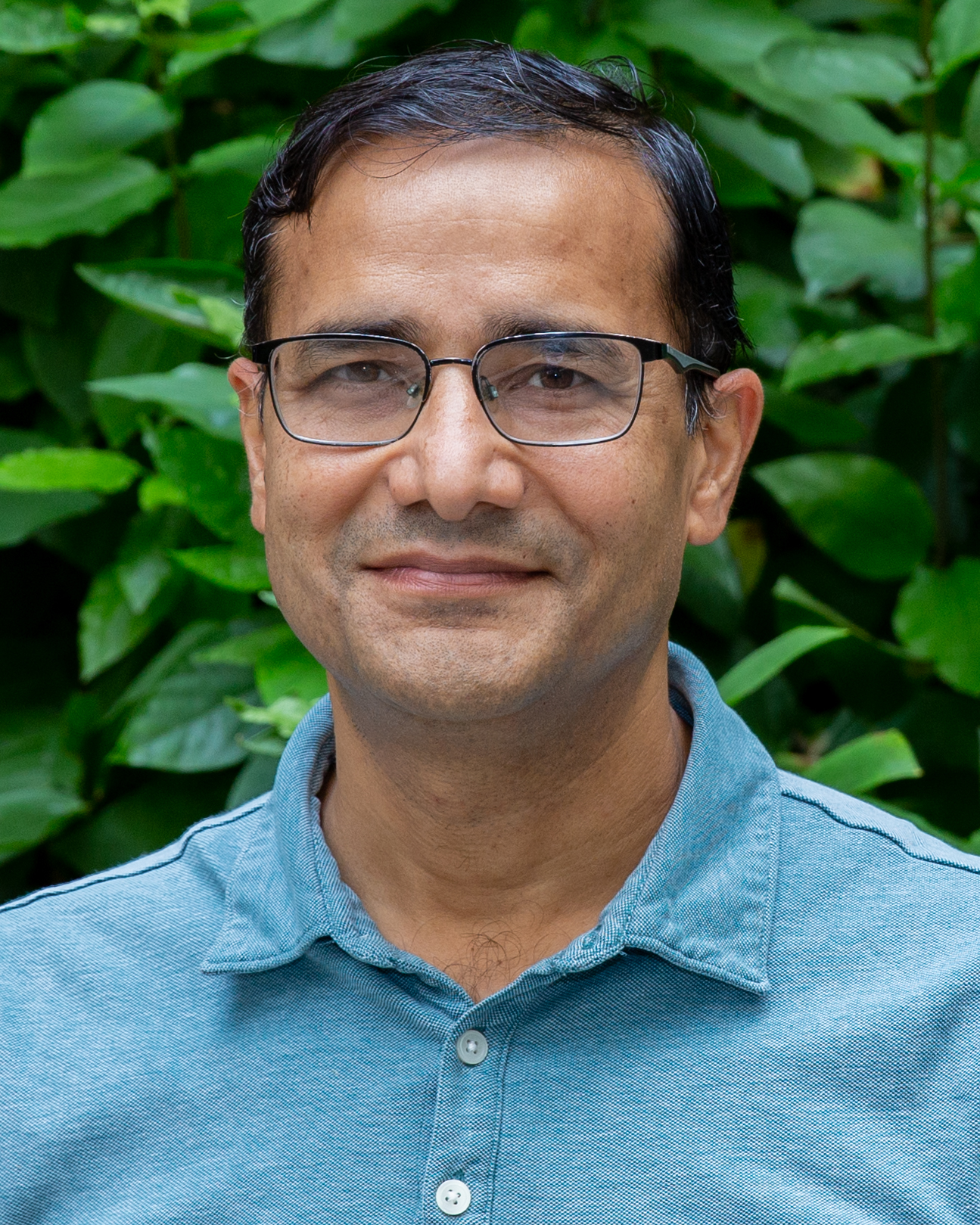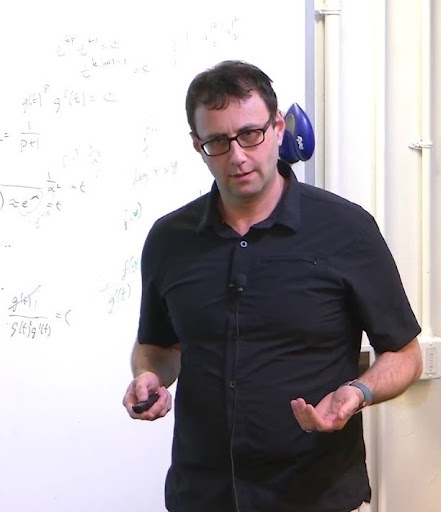UC San Diego Computer and Data Scientists Named to ACM’s Latest Class of Fellows
Published Date
Story by:
Media contact:
Share This:
Article Content
University of California San Diego bioinformatics researcher Vineet Bafna and machine learning and data analysis researcher Mikhail Belkin are among the 68 scientists worldwide named as Association of Computing Machinery (ACM) fellows.
The 2023 Fellows were selected by peers for transformative contributions to computing science and technology, according to the ACM
Bafna, a professor in the Computer Science and Engineering Department with the Jacobs School of Engineering and a faculty member in the Halıcıoğlu Data Science Institute (HDSI), was selected for contributions to the theory, design and implementation of bioinformatics algorithms.
Belkin, a professor in HDSI and an affiliate faculty member in the Computer Science and Engineering Department, was chosen for his contributions to modern machine learning theory and algorithms.

Bafna’s research focuses on cancer genomics and population genetics. He has made important contributions in the analysis of breakage fusion bridge cycles, extrachromosomal DNA, identifying the genetic signals of adaptation, analyzing experimental evolution, and proteogenomics. He has co-founded two companies: Abterra, LLC, which focuses on services and products relating to proteogenomic data, and Boundless Bio, Inc., which is targeting extrachromosomal DNA in cancer. In 2019, he was selected as a fellow of the International Society of Computational Biology.
Belkin’s research interests are in theory and applications of machine learning and data analysis. Some of his well-known work includes widely used Laplacian Eigenmaps, Graph Regularization and Manifold Regularization algorithms, which brought ideas from classical differential geometry and spectral analysis to data science.

Belkin's recent work has been concerned with understanding mathematical and statistical phenomena observed in deep learning. One of his key recent findings is the “double descent” risk curve that extends the textbook U-shaped bias-variance trade-off curve beyond the point of interpolation.
“ACM is proud to include nearly 110,000 computing professionals in our ranks and ACM Fellows represent just 1% of our entire global membership,” said ACM President Yannis Ioannidis.
The 2023 Fellows represent universities, corporations, and research centers in Canada, China, Germany, India, Israel, Singapore, the United Kingdom, and the United States. The contributions of the 2023 Fellows run the gamut of the computing field―including algorithm design, computer graphics, cybersecurity, energy-efficient computing, mobile computing, software analytics, and web search, to name a few, according to the ACM.
Share This:
Stay in the Know
Keep up with all the latest from UC San Diego. Subscribe to the newsletter today.



